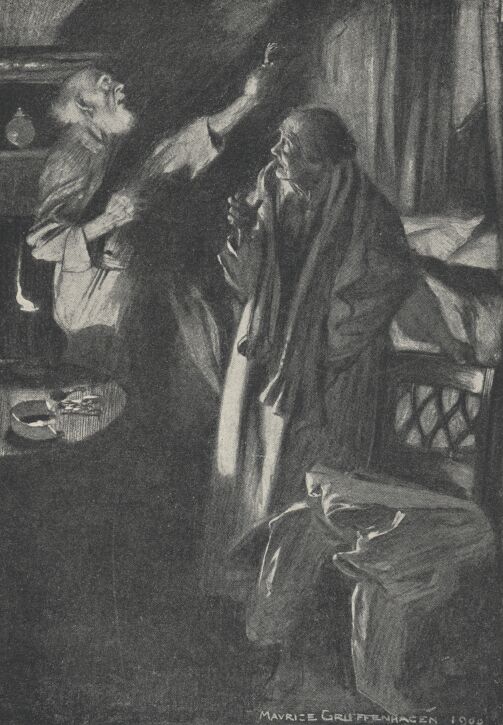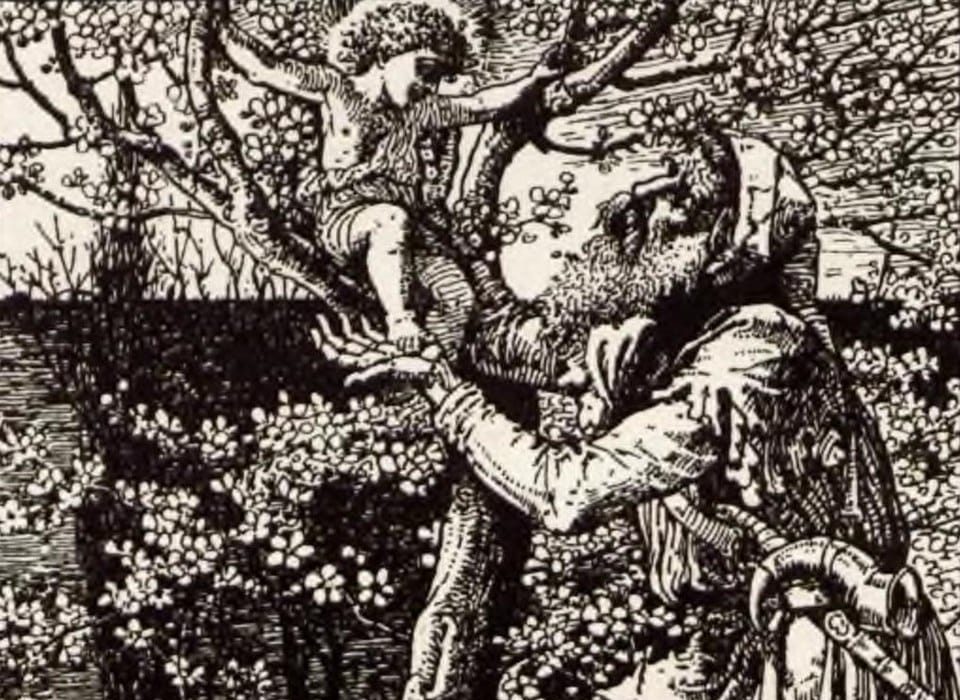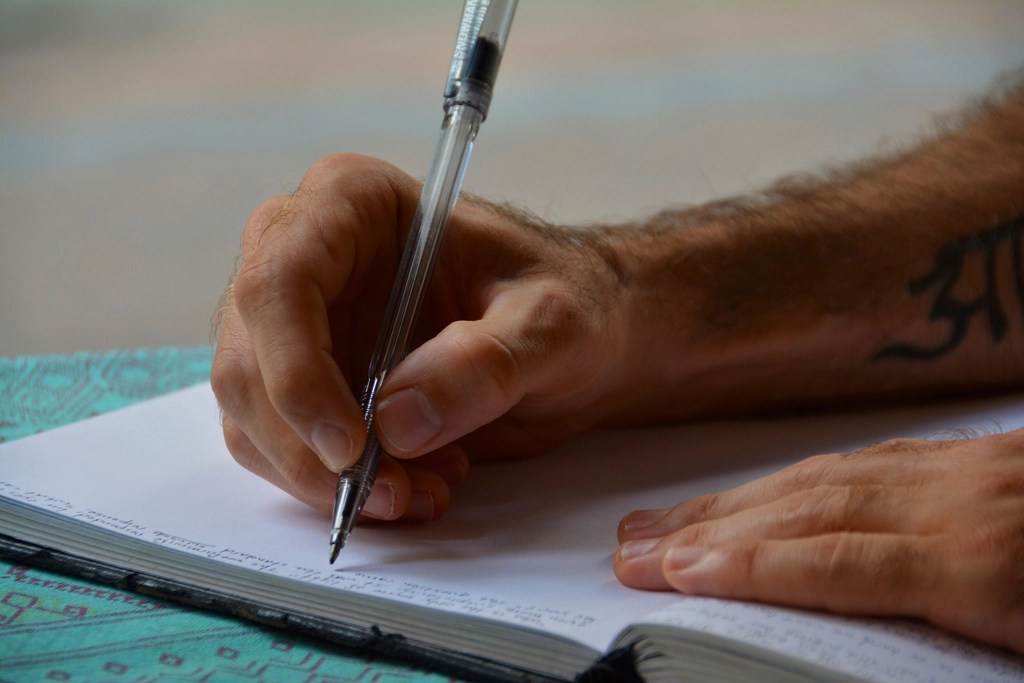To think about what we want in our lives, and what we could change is dangerous. In fact, it’s not only dangerous, it’s terrifying. Think: Would you wish for a better life even if you did not know the ramifications of your desires? In “The Monkey’s Paw” by W.W. Jacobs, a mother and father face this very question about their wants, desires, and futures. However, against our best wishes, the outcome is tragic.
In this post, we will summarize and analyze the choices made in “They Monkey’s Paw” by W.W. Jacobs, which appeared in his short-story collection The Lady of the Barge and the magazine Harper’s Monthly in 1902.
Summary
The Sergeant-Major and the First Wish
“The Monkey’s Paw” is a story about the White family and a magical monkey’s paw that grants them three wishes. The family wants to use the magic paw to their benefit. They soon employ it to turn their dreams into a reality.
The story starts with the White family, Mr. and Mrs. and their son Herbert, expecting a guest. The guest, Sergeant-Major Morris, arrives, and he brings them a monkey’s paw from India. However, he gives them a warning: it comes with “consequences.” He tells them of a man who made two wishes that backfired on him. The third wish was a request for death.
After the Sergeant-Major’s leaving, Mr. White sits “alone in the darkness, gazing at the dying fire, and seeing faces in it …” He then reached for his water only to grab “the monkey’s paw, and with a little shiver he wiped his hand on his coat and went up to bed” (Jacobs).
Soon afterward, Mr. White makes his first wish for 200 pounds and the monkey paw’s hand moves. Though nothing else happens. However, they soon discover that their son Herbert has died in a horrible accident at work. Ironically, they are compensated 200 pounds. Upon discovering the news of their son’s death, Mrs. White’s face “was white, her eyes staring, and her breath inaudible.” Mr. White shares the same sentiment.
Their sorrow and grief is immeasurable.
The Second and Third Wish
Nevertheless, they take the monkey’s paw and wish for Herbert to come back to life. Mr. White does as he is told, but there is no immediate action on the monkey paw’s part. In the evening, there comes a knock on the door. Both parents are in particular shock for two different reasons:

“It’s Herbert!” she screamed. “It’s Herbert!”
She ran to the door, but her husband was before her, and catching her by the arm, held her tightly.
“What are you going to do?” he whispered hoarsely.
“It’s my boy; it’s Herbert!” she cried, struggling mechanically. “I forgot it was two miles away. What are you holding me for? Let go. I must open the door.”
“For God’s sake don’t let it in,” cried the old man, trembling.
Mrs. White’s hysterics come from the sudden realization that her son is out the door and needs to be let in, as he has returned home. Meanwhile, Mr. White’s frenzy comes from his understanding that the shambling corpse of their son is probably at the door, in the condition he was in after the accident. After all, the monkey’s paw has only shown to be cruel in its administration of wishes.
Mrs. White bolts for the door while Mr. White attempts to find the monkey’s paw. The two are met in action, and just as Mr. White hears his wife pull the bolt on the door, he finds the monkey’s paw and makes his wish.
“The knocking ceased suddenly, although the echoes of it were still in the house. He heard the chair drawn back, and the door opened. A cold wind rushed up the staircase, and a long loud wail of disappointment and misery from his wife gave him courage to run down to her side, and then to the gate beyond. The street lamp flickering opposite shone on a quiet and deserted road” (Jacobs).
Conclusion
W.W. Jacobs “The Monkey’s Paw” is a horror story that explores themes of greed, the consequences of tampering with the supernatural, and the moral dilemmas that arise when desires are fulfilled in unexpected and tragic ways. Richard Matheson’s “Button, Button” carries with it a similar tone, in that what we want often overshadows what we need.
For example, the White’s did not necessarily need the 200 pounds (though it may help), and yet by wishing for it they took the life of a loved one. Moreover, in bringing their son back, they continued their greedy selfishness (and what they assumed they deserved in life). Yet, in so many ways, the son who is standing at their door and banging on it loudly from beyond the grave, is the Devil come calling. He is the collector of their shortsightedness and foibles.
Luckily, Mr. White realizes this early and is able to wish the abomination away before Mrs. White is wrought with the sight of the mangled Herbert. The story is a sad one, but teaches us the necessity of restraint. We should be content with what we have if only to disrupt something greater than us, and sometimes I think that’s okay to think about. Money is not necessary for a happy life, and bringing our loved ones back might not be the boon that it seems.
Works Cited
Jacobs, W.W. “The Monkey’s Paw.” The Lady of the Barge. Dodd, Mead and Company, 1902, pp. 158-171.





Leave a comment